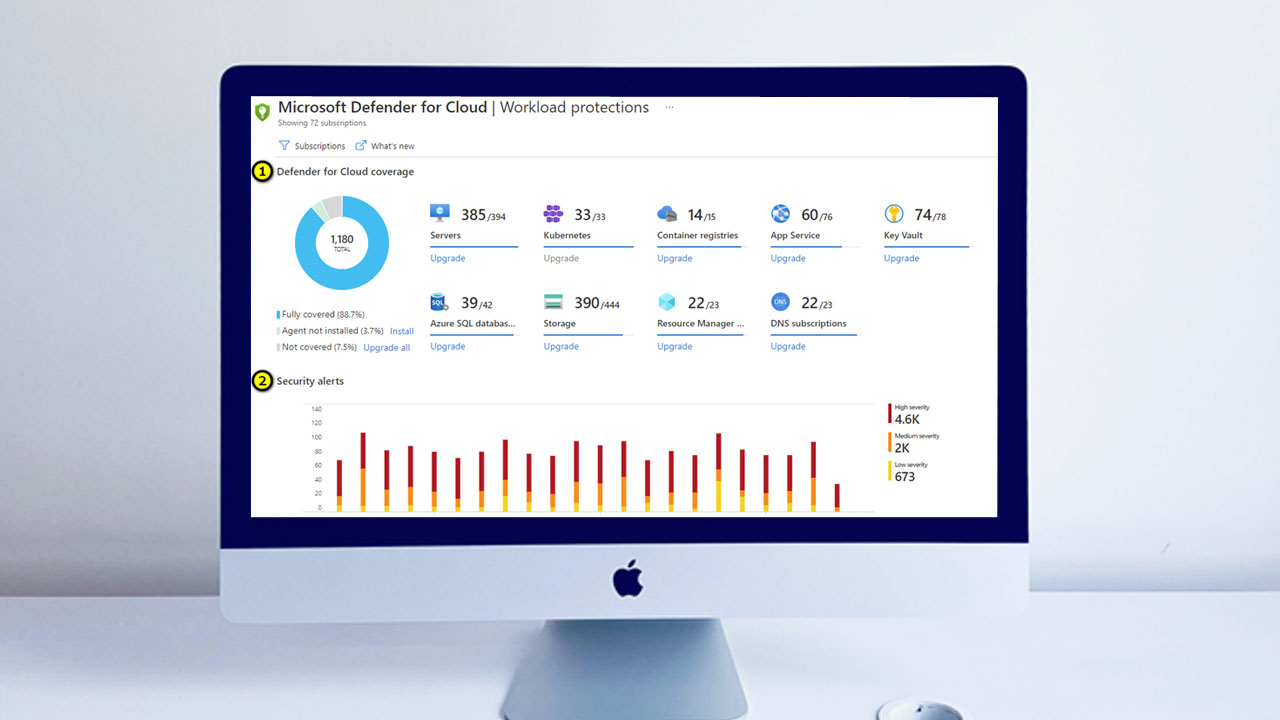

Pros and Cons
- Hyper-scale storages
- Wide applications and reach
- Perfect application hosting
- Manage own relational database
- Terrific 3rd party integrations
- Can have more detailed documentation
- Limited visibility on the security
- Lack of virtual machine console
- Difficulty troubleshooting
Summary
One of the main reasons why Microsoft Azure is a leading cloud computing platform is because it offers endless cloud possibilities to businesses of all sizes and kinds. It is an essential tool for businesses that need to store large amounts of data and make them available to multiple users at any time. But there are also some downsides of cloud computing that you should consider before making the switch.
Comments
Mark Smith

Microsoft Azure is a leading cloud computing platform that solves scalability, security, and performance challenges for businesses of all sizes. Pricing can be complex and may become costly without careful monitoring and management.
Martin Scorsese

Microsoft Azure is a powerful and comprehensive cloud computing platform that caters to businesses of all sizes, from startups to large enterprises. As one of the leading cloud providers globally, Azure offers an extensive suite of services ranging from virtual machines and app hosting to advanced AI, analytics, and IoT solutions. Can be complex and overwhelming for new users due to its vast array of features and configurations
Kevin Hart

Microsoft Azure offers powerful cloud solutions with excellent scalability, security, and integration options—perfect for businesses of all sizes. It’s reliable and supports a wide range of services and tools. The pricing structure can be complex and hard to predict for new users.
Jess Jonassen

Azure simplifies infrastructure and is trusted by businesses of all sizes, offering over 1,800 models. Speed can be an issue, and easy account setup might lead to unauthorized usage, making it less ideal for startups or small businesses.
Ellie Leach

Microsoft Azure is a leading cloud platform offering a wide range of services including virtual machines, storage, AI, and databases. Its key strengths include scalability, flexibility, high security, and seamless integration with Microsoft products. The user interface and learning curve can be complex for beginners.

Microsoft Azure is a leading cloud computing software that offers unmatched scalability, security, and reliability. With a wide range of services, it helps businesses build, deploy, and manage applications seamlessly. Azure’s flexible platform supports growth and innovation, making it an excellent choice for organizations of all sizes.

Microsoft Azure is a leading cloud computing platform offering a wide range of services, including virtual machines, storage, and databases. It’s highly scalable, secure, and integrates well with other Microsoft tools, making it a top choice for businesses of all sizes. Azure’s powerful analytics and AI capabilities also support innovation and growth. The pricing structure can be complex and difficult to estimate for new users.

I like everything about Azure cloud services, their flexibility to be used in 1000 different ways and their scalability. It provides a wide range of applications like Azure functions, Cognitive services for data science applications. But I also feel Microsoft’s Azure is a little costly compared to other powerful tools like Talygen and Oracle.

Our company functions in a hybrid working model. And since most of our workforce is working remotely, Azure’s cloud computing software tools are nothing but a blessing. It helps us coordinate and finish the job quickly.

The lack of virtual machine console access is a big disappointment. It would struggle the troubleshooting, especially if you do a migration of an on-premise virtual machine to Azure. Otherwise, the UI and customer support team is cool.

 (4/5)
(4/5)
